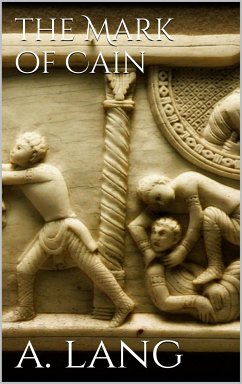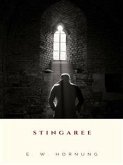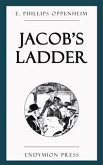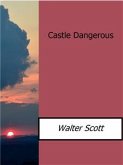"...The foul and foggy night of early February was descending, some weeks after the scene in the Cockpit, on the river and the town. Night was falling from the heavens; or rather, night seemed to be rising from the earth—steamed up, black, from the dingy trampled snow of the streets, and from the vapors that swam above the squalid houses. There was coal-smoke and a taste of lucifer matches in the air. In the previous night there had been such a storm as London seldom sees; the powdery, flying snow had been blown for many hours before a tyrannous northeast gale, and had settled down, like dust in a neglected chamber, over every surface of the city. Drifts and "snow-wreathes," as northern folk say, were lying in exposed places, in squares and streets, as deep as they lie when sheep are "smoored" on the sides of Sundhope or Penchrist in the desolate Border-land. All day London had been struggling under her cold winding-sheet, like a feeble, feverish patient trying to throw off a heavy white counterpane. Now the counterpane was dirty enough. The pavements were three inches deep in a rich greasy deposit of mud and molten ice. Above the round glass or iron coverings of coal-cellars the foot-passengers slipped, "ricked" their backs, and swore as they stumbled, if they did not actually fall down, in the filth..."
Bitte wählen Sie Ihr Anliegen aus.
Rechnungen
Retourenschein anfordern
Bestellstatus
Storno









